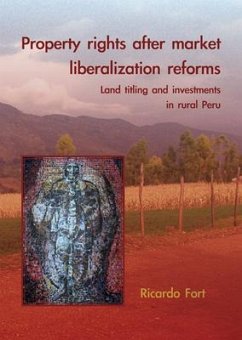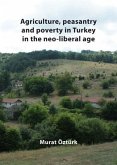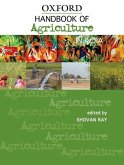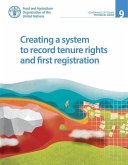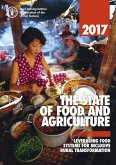"This book discusses the links between land access, property rights, and economic development, analyzing the results and limitations of a public intervention- Land Titling and Registration- that constitutes one of the main instruments for contemporary land policy in Peru. It attempts to provide a comprehensive analysis and discussion of the importance of institutions, like land property rights, in the context of market liberalization reforms. In operational terms, this means verifying whether land titling constitutes a necessary and/or sufficient condition to promote investments and increase land values. This book reveals that titling and registration can be considered as a necessary condition to improve investment opportunities when its implementation procedure is based on the recognition of previous informal land rights and community networks, because its effect on the reduction of transaction costs at a regional level improves the dynamics of land markets and facilitates the entrance of formal financial institutions. A decentralized program is more likely to understand and correctly assess local conditions, as well as to concentrate its work on poorer farmers confronting stronger limitations to acquire tenure security by other means. Targeting must be applied also at the regional level, identifying less-developed areas that can benefit from the externality effects provided by increased levels of titling density. The presence of other limitations that constrain the participation of small farmers in the formal credit market, and the inability of titling to solve them by itself, makes it difficult to consider this policy as a sufficient condition to improve the livelihood of poorer farmers. Complementary policies that provide small farmers with the opportunity to increase their land-holdings, as well as the possibility to acquire insurance against negative shocks, need urgent implementation."
Hinweis: Dieser Artikel kann nur an eine deutsche Lieferadresse ausgeliefert werden.
Hinweis: Dieser Artikel kann nur an eine deutsche Lieferadresse ausgeliefert werden.

